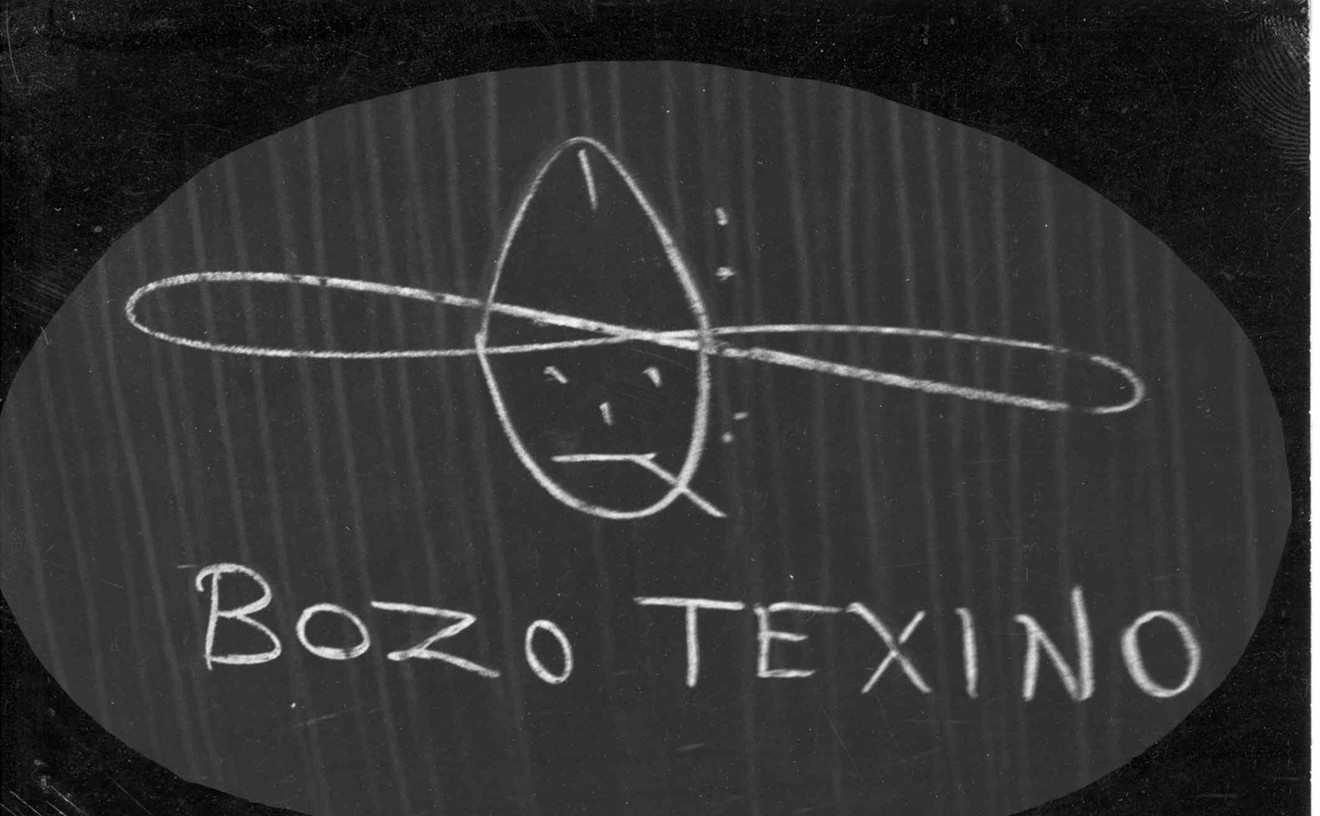At its heart, Cabaret has a problem. The brilliant songs, by John Kander and Fred Ebb, will send you home humming. There's a lot of seductive dancing, as well as a sexy-druggy coupling between lost little Sally Bowles and Clifford Bradshaw, the (relatively) innocent visiting American, and a sweetly sad story about a middle-aged boardinghouse keeper and her doomed romance with a fruiterer. But really, how good a time should you have at a show about the decadence of pre-war Berlin, a decadence that the script implies is somehow linked to all the atrocities to follow? James Agee once said, "The deadliest blow the enemy of the human soul can strike is to do fury honor." But what about making incomprehensible horror into entertainment?
Sam Mendes's iconic 2003 production, which arrived on Broadway five years later and inspired most of the versions that followed, resolved this paradox to a large extent. Mendes made the goings-on at the Kit Kat Klub, where much of the action is based, as louche, prurient and upsetting as they were compelling to watch. In this world, ambisexuality ruled, the dancers looked drugged or beaten up, the emcee was not just abstractly evil, but evil in an intensely sexualized way, and our young American, ambivalent about his own sexuality, came close to being entirely seduced by the milieu. The Arvada Center production, directed by Christy Montour-Larson, steers more of a middle course; it's well put-together and highly entertaining, but also disappointingly mild. Kitty Skillman Hilsabeck's choreography is more appealing than shocking. While Fraulein Kost, the boardinghouse whore, is well-played by Gabriella Cavallero, she's cuddly rather than slutty. When Fraulein Schneider gives up her sunset romance because she's learned that her fiancé, Herr Schultz, is Jewish, she sings a song called "What Would You Do?" that I remember as filled with rage and pain — what indeed would you do, and how heroic could you be, as a middle-aged woman trying to get by in an increasingly frightening society? But Billie McBride's rather effortful speak-singing version is simply melancholy, though she otherwise does well with the role, as does Wayne Kennedy with Schultz. And Jeffrey Roark provides a solid performance as the apparently affable Ernst.
Leo Ash Evens's take on the Emcee — who centers the production and serves as a metaphor for the corruption of the state — is interesting and refreshing. There's none of the commanding authority that Nick Sugar showed some years back, nor the scary, fascinating, sickly-sweetness of Brian Mallgrave (who's responsible for the Arvada Center's effective set) at Boulder's Dinner Theatre. Instead, this Emcee at first appears a little young, prankish and, despite all the salacious posing, almost innocent — but he becomes more worn-looking and nasty as the action progresses. This approach to the role works well, paralleling the unease that grows in both Bradshaw and the audience as it becomes more and more clear that all the heady partying and sexual freedom are symptomatic of a society slipping into hell.
In the reminiscences of Christopher Isherwood that form the basis for Cabaret, Sally Bowles is one of those plain-beautiful girls with dirty hands — repellent and fascinating, an ignorant, attention-loving, rebellious and self-destructive nineteen-year-old. That's not what we get from Kendal Hartse. Her musical numbers are impressive; she's a tall, graceful woman, with a lithe body and an exciting voice. But there's no depth to her off-stage scenes: We see no charm, defiance or vulnerability, have no sense that we're watching a real, feeling person. Brett Aune's Bradshaw, on the other hand, is much more defined than any I've seen. In most productions, the character just seems to hang around the periphery of the action while the more colorful people swirl around him. This Bradshaw is more stalwart and heroic, and less sexually confused than most — but Aune also makes him believable: a bookish man, occasionally peevish, generally out of his element, but shrewd, and growing in stature as he slowly comes to understand just what it is he's becoming a part of.











